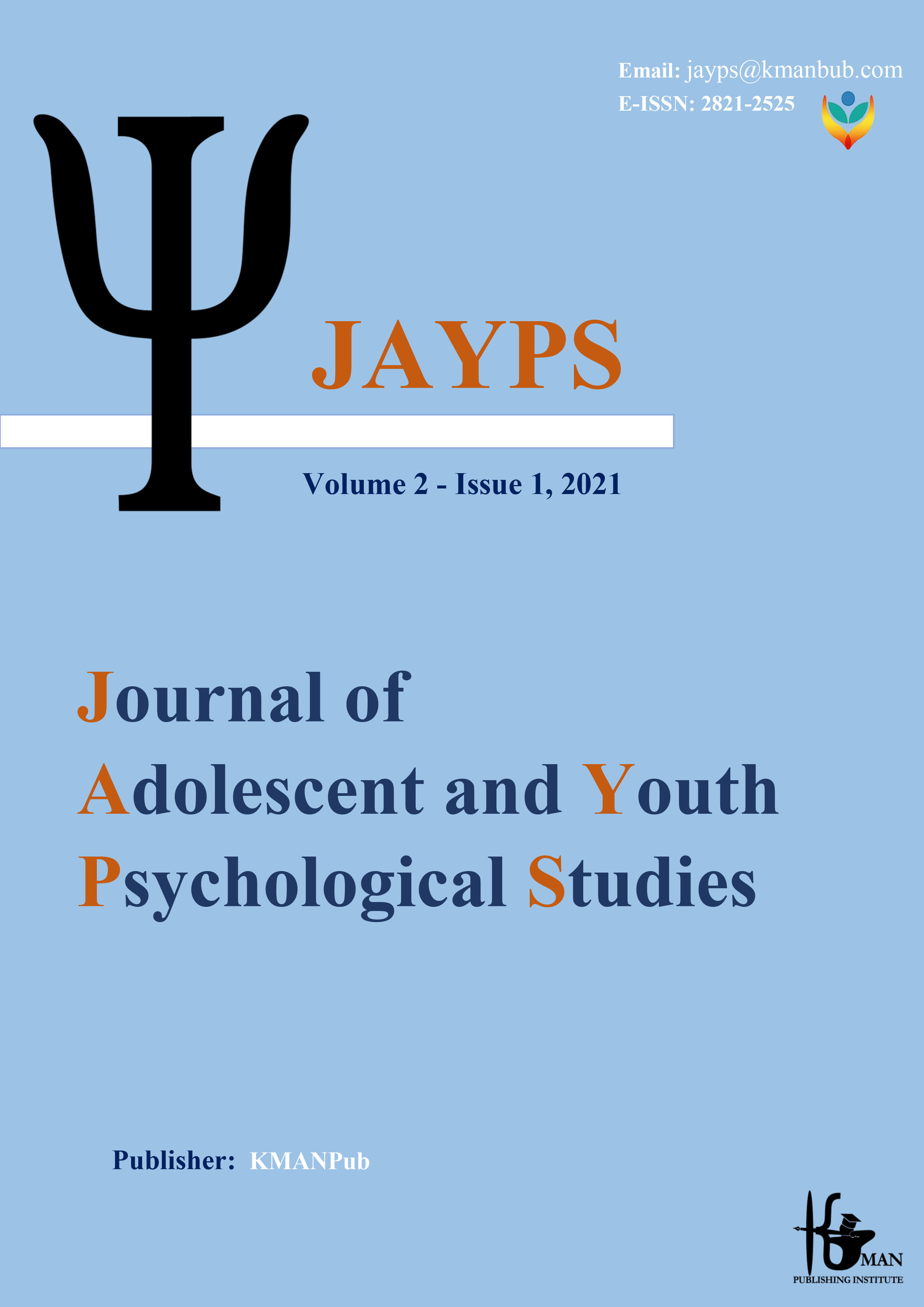The efficacy of acceptance and commitment therapy and comparing it with cognitive behavioral therapy on coping methods, difficulty in emotion regulation, and mental health among caretakers of chronic patients
Keywords:
Acceptance and Commitment Based Therapy, Cognitive Behavioral Therapy, Coping Strategies, Difficulty in Emotion Regulation, Mental HealthAbstract
Background and purpose: Chronic mental illnesses are unidentified and vague disorders, along with recurring periods and psychological symptoms that significantly affect individual's performance. Accordingly, this study was aimed to determine the efficacy of acceptance and commitment therapy and comparing it with cognitive behavioral therapy on coping methods, difficulty in emotion regulation and mental health among caretakers of chronic mental patients. Methods: The present study is a test with the pre-test-post-test design and a control group. The statistical population of this study included the caretakers of the chronic mental patients of Karaj in 2021. In this population, 30 were selected (15 people in study groups and 15 people in control groups) by the convenience sampling method and were randomly placed in two study and control groups. The Billings and Mouse coping strategies scale, the difficulties in emotion regulation scale of Gratz and Roemer, 2004, and the general health of GHQ have been used in two pre-test and post-test stages to collect the data. SPSS25 software and inferential statistics test of the multi-variable covariance were used for data analysis. Results: Results indicated that there was no significant difference between therapy based on acceptance and commitment and cognitive behavioral therapy in problem-oriented strategic variables (F = 37.29, p = 0.001), emotion-oriented strategy (F=18.85, P=0.001), and general health (F = 74.78, p = 0.001) among the two groups under treatment. There was a significant difference between the variable of the difficulty of emotion regulation (F=76.55, P=0.001) among the two treatment groups. Therefore, the modified means, the modified average of acceptance and commitment therapy was less than the behavioral cognitive group. Conclusion: It seems that both approaches play an essential role in enhancing mental health and coping strategies and difficulty in emotion regulation among caretakers of chronic mental patients.
Downloads
Downloads
Published
Issue
Section
License

This work is licensed under a Creative Commons Attribution-NonCommercial 4.0 International License.


























